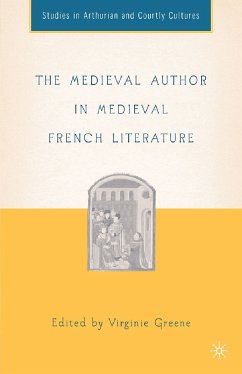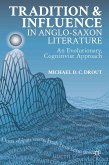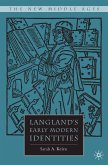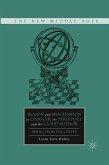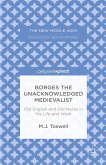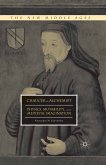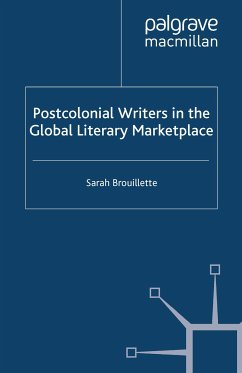Dieser Download kann aus rechtlichen Gründen nur mit Rechnungsadresse in A, B, BG, CY, CZ, D, DK, EW, E, FIN, F, GR, HR, H, IRL, I, LT, L, LR, M, NL, PL, P, R, S, SLO, SK ausgeliefert werden.
"This provocative collection of essays explores authorial agency in a variety of medieval French texts from the twelfth through sixteenth centuries. Contributors argue for the ways in which authorial identity is debated, contested, and constructed through the reuse and continuation of earlier texts, through contradiction and even violence, and through claims to authority, neutrality, and truth. This extended interrogation of medieval authorship offers important new understandings of medieval literary practices and of the textual negotiations that define the medieval author." - Peggy McCracken, University of Michigan

